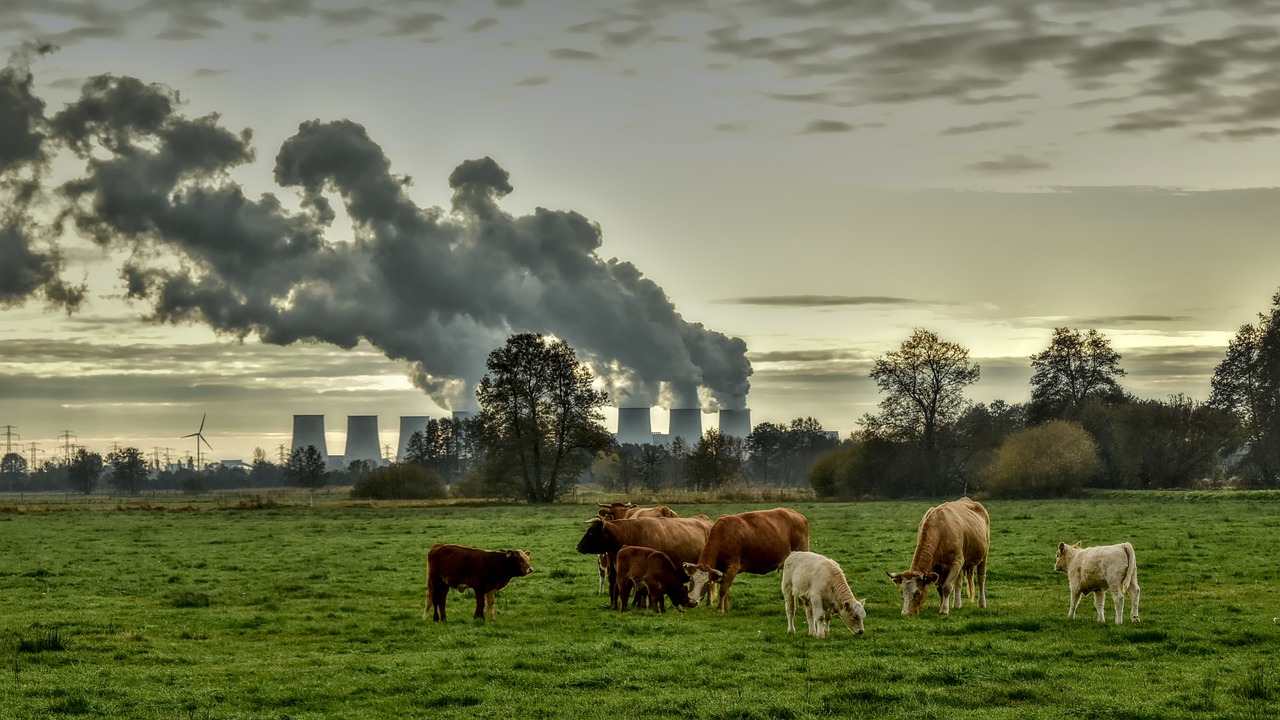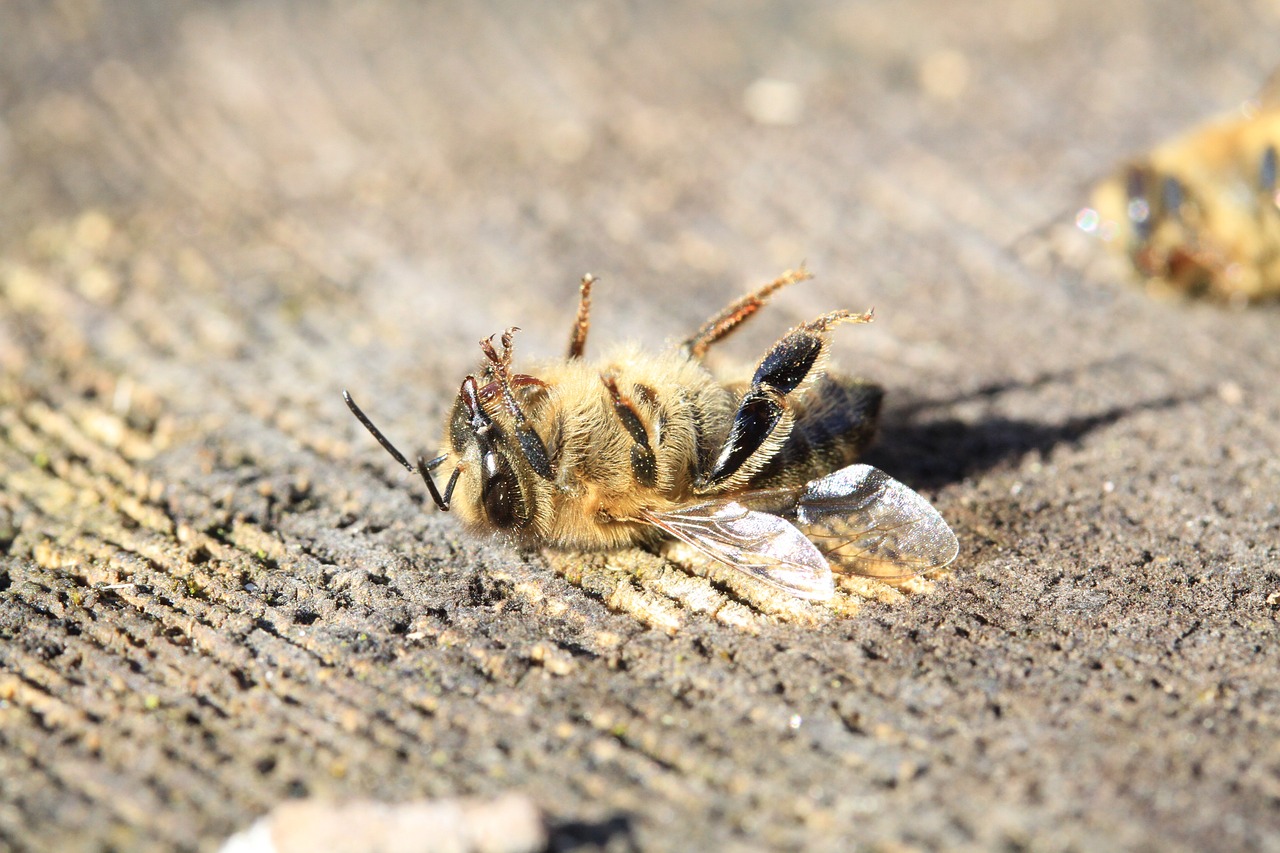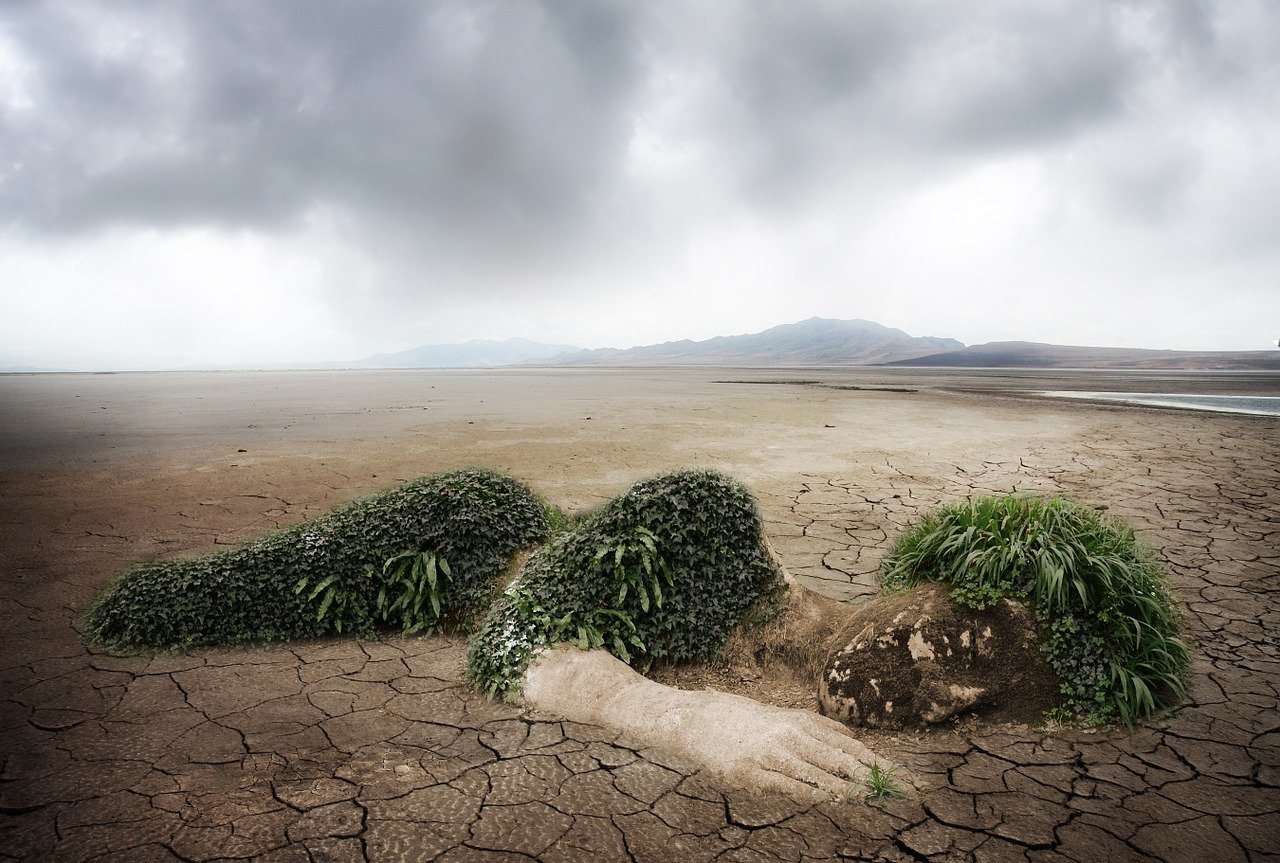As the world continues to grapple with the challenges of the 21st century, one issue looms above all others: the state of our environment. The planet is getting hotter, more polluted, and increasingly uninhabitable. From the alarming rise in global temperatures to the devastating effects of plastic pollution and deforestation, we are witnessing the consequences of our unsustainable practices. Below we explore specific examples from countries worldwide to shed light on these pressing environmental issues and how each one of us can actively support initiatives and make daily changes that can help alleviate the climate crisis and reduce waste.
Plastic Pollution:
Plastic pollution has emerged as a global crisis, affecting both land and marine ecosystems. Countries like China, Indonesia, and the Philippines face significant challenges due to their large populations and inadequate waste management infrastructure. Rivers such as the Yangtze and Ganges carry immense amounts of plastic waste into the oceans. The Plastic Pollution Coalition is a global alliance of organizations, businesses, and individuals working together to combat plastic pollution. They raise awareness about the impact of plastic waste on the environment and human health, encourage individuals and businesses to make plastic-free choices, and advocate for policies that reduce plastic production and promote a circular economy. Through education, outreach, and collaboration, they strive to eliminate single-use plastics and create a more sustainable future.
5 Gyres is committed to researching and combating plastic pollution in the world’s oceans by conducting scientific expeditions to study the accumulation of plastic debris in the ocean. They also raise awareness about the issue through education and outreach programs, and collaborate with policymakers, businesses, and communities to promote solutions. 5 Gyres actively works towards reducing plastic waste through campaigns that address microplastics, single-use plastics, and promote sustainable alternatives.
We can personally contribute to combating this issue by reducing our consumption of plastic, diligently recycling, participating in local cleanup initiatives and supporting organizations dedicated to finding alternatives to plastic.

Air Quality:
Air pollution poses a severe threat to human health and ecosystems worldwide. Countries like India, China, and Bangladesh are grappling with dangerously high levels of air pollution, primarily caused by industrial emissions, vehicular exhaust, and biomass burning. To combat this issue, we can adopt practices that reduce air pollution, such as using public transportation whenever possible, embracing energy-efficient habits, and advocating for policies that prioritize clean energy sources. Organizations such as Carbonfund.org and The Gold Standard Foundation are dedicated to reducing carbon emissions and promoting carbon neutrality. They work with businesses, individuals, and communities to measure, reduce, and offset carbon footprints through initiatives like reforestation projects, clean energy initiatives, and energy-efficient practices. Greenpeace plays a crucial role in advocating for renewable energy sources and pushing for a transition away from fossil fuels. The organization also raises awareness, campaigns for clean energy policies, and promotes the adoption of solar, wind, and other sustainable energy alternatives.

Marine Pollution:
The oceans, teeming with diverse marine life, face unprecedented challenges. Plastic waste, oil spills, and chemical pollutants threaten the delicate balance of marine ecosystems. The Great Pacific Garbage Patch, for example, is a massive accumulation of floating plastic debris between Hawaii and California. The Ocean Conservancy, a nonprofit organization dedicated to protecting and conserving the world’s oceans, actively works towards reducing plastic waste through initiatives like the International Coastal Cleanup, which mobilizes volunteers worldwide to clean up beaches and waterways, removing millions of pounds of trash each year. Additionally, they advocate for policies that address plastic pollution, promote sustainable practices, and collaborate with businesses and governments to find innovative solutions.
Surfrider Foundation focuses on protecting and preserving coastal and ocean environments. They have a strong network of chapters worldwide, working on initiatives such as beach cleanups, water quality monitoring, coastal preservation, and the prevention of marine plastic pollution. Their efforts also include educational programs and campaigns to promote sustainable practices and advocate for policy changes that support ocean health.
The Ocean Cleanup is an innovative nonprofit organization that focuses on developing advanced technologies to remove plastic waste from the world’s oceans. Their main project, the System 001/B, is a floating device designed to collect and remove plastic debris from the Great Pacific Garbage Patch. Through scientific research and engineering, they aim to address the issue of ocean plastic pollution and contribute to cleaner and healthier marine environments.
We can play a significant role in addressing marine pollution by reducing our consumption of single-use plastics, participating in coastal cleanups, and supporting organizations that focus on marine conservation efforts.
Overfishing:
Overfishing has pushed numerous marine species to the brink of extinction, disrupting marine ecosystems and jeopardizing the livelihoods of coastal communities. Countries like Japan, China, and Spain have been identified as major contributors to overfishing due to their large fishing fleets. We have the power to make a difference by choosing responsibly sourced seafood, supporting local fishermen and sustainable aquaculture, and advocating for stricter fishing regulations that protect our marine life. Look for Certifications – seek out seafood products that carry reputable sustainability certifications, such as the Marine Stewardship Council (MSC) and the Aquaculture Stewardship Council (ASC) labels. These certifications indicate that the fishery or aquaculture operation has been independently assessed and meets specific environmental and social sustainability criteria.

Factory Farming:
Factory farming practices have significant environmental consequences, contributing to deforestation, water pollution, and greenhouse gas emissions. Countries like the United States, China, and Brazil are major contributors to the expansion of factory farming. Organizations such as the Rodale Institute and Oxfam work towards promoting sustainable agricultural practices and ensuring food security in the face of climate change. They support regenerative farming methods, organic agriculture, and initiatives that empower small-scale farmers to adapt to climate challenges and build resilient food systems.
Reducing meat consumption, opting for locally sourced and organic products, and supporting initiatives promoting sustainable agriculture are steps individuals can take to address this issue.
Waste Management:
The issue of waste management plagues both developing and developed nations. In countries like Nigeria and India, limited waste management infrastructure leads to open dumping and uncontrolled burning of waste, resulting in environmental and health hazards. The nonprofit Waste Aid provides focuses on improving waste management practices in low-income countries. They work towards preventing open dumping and promoting the circular economy approach to waste management. Waste Aid provides training and resources to local communities, empowering them to manage waste effectively, recycle, and create sustainable livelihoods from waste management activities. Their initiatives help reduce environmental pollution and improve the overall health and well-being of communities.
By embracing practices such as recycling, composting, and supporting sustainable waste management systems, we can personally contribute to reducing waste. We can also advocate for improved waste management policies and practices, both locally and nationally.
Land Degradation and Deforestation:
Unsustainable land use practices, including deforestation and land degradation, threaten biodiversity, disrupt ecosystems, and contribute to climate change. Countries such as Brazil, Indonesia, and the Democratic Republic of Congo face significant challenges due to deforestation for agriculture, logging, and mining. The World Resources Institute is a global research organization that works towards sustainable land use and the conservation of natural resources. They collaborate with governments, businesses, and communities to develop and implement innovative solutions for tackling deforestation and land degradation. Their initiatives include mapping and monitoring forests, promoting sustainable agriculture and restoration practices, and advocating for policy changes to protect ecosystems and preserve forests.
Another great organization is the The Rainforest Foundation, a nonprofit that focuses on protecting and restoring tropical rainforests, particularly in areas inhabited by indigenous communities. They work directly with local communities to provide them with the tools, resources, and support they need to protect their forests from deforestation and land degradation. Through projects that promote sustainable land use, land rights advocacy, and capacity building, they aim to halt deforestation and restore degraded lands. You can support reforestation efforts by choosing sustainably sourced products, and supporting land conservation and restoration initiatives.
The state of the environment demands urgent attention and collective action. By understanding the environmental challenges we face and the countries most affected, we can work towards effective solutions. It is crucial that we come together as a global community, educate ourselves and others, and take proactive steps towards a sustainable future for the sake of our planet and future generations. The time for action is now.



